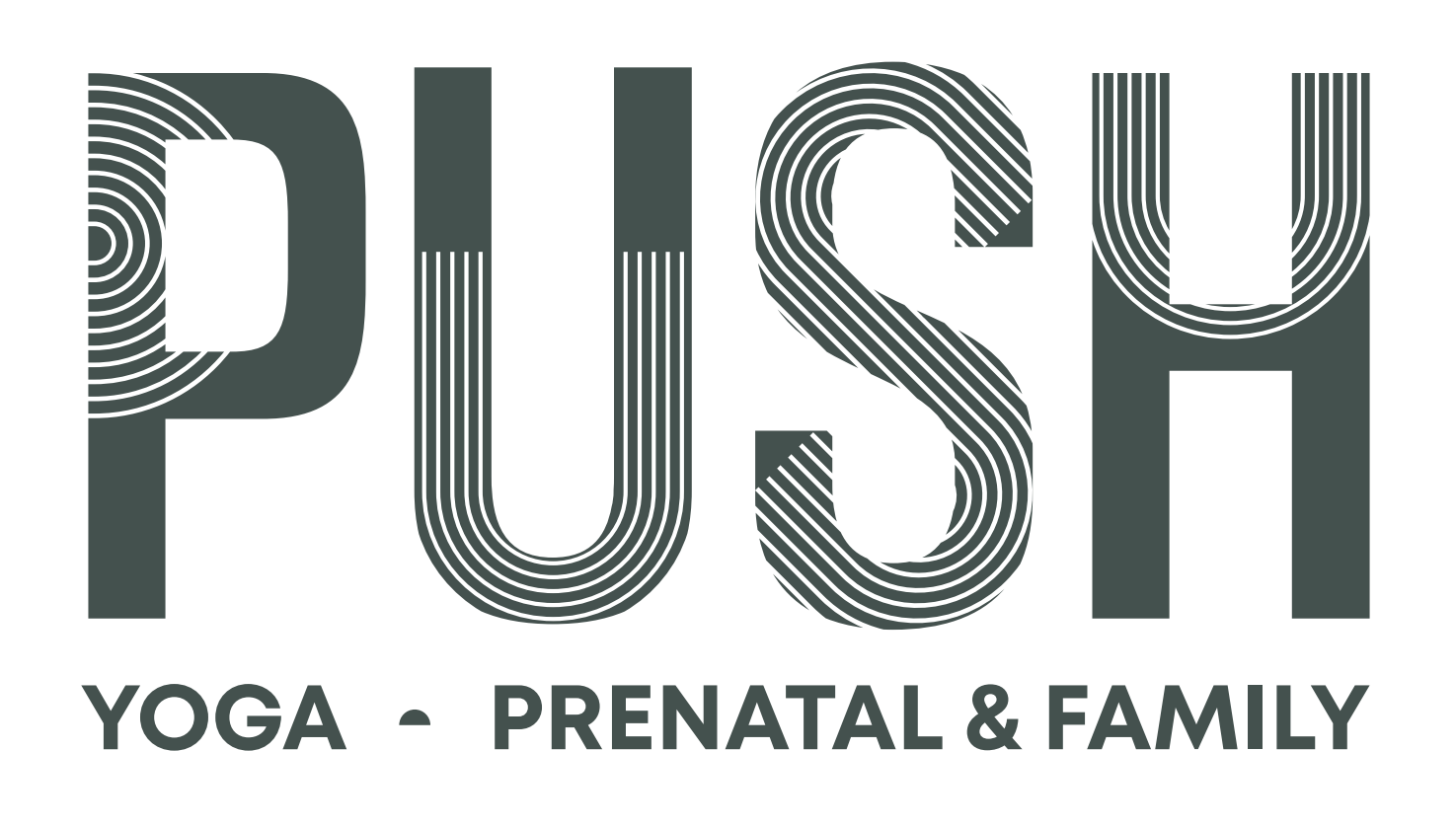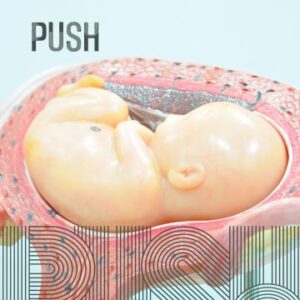Welcoming a new baby into the world is often portrayed as one of life’s most joyous and fulfilling experiences. However, for many new mothers, the postpartum period can be unexpectedly challenging. Along with the physical demands of childbirth and the responsibility of caring for a newborn, many women also face emotional and mental health struggles. While postpartum depression (PPD) is widely recognized, there is another condition that receives less attention but affects a significant number of new mothers—postpartum anxiety (PPA).
In this blog post, we will explore the nature of postpartum anxiety, its symptoms, causes, and treatment options. We’ll also provide practical tips for managing this condition and how loved ones can offer support. Whether you are a new mother, a concerned partner, or a friend seeking to understand postpartum anxiety, this guide is designed to raise awareness and help navigate this often-overlooked mental health issue.
What is Postpartum Anxiety?
Postpartum anxiety is a type of anxiety disorder that occurs after childbirth. While many mothers experience a range of emotions during the postpartum period, postpartum anxiety is characterized by persistent and excessive worry, fear, and tension that go beyond the typical stress of adjusting to life with a new baby. Unlike the “baby blues,” which usually subside within a couple of weeks, postpartum anxiety can last for months or even longer and significantly impact a mother’s ability to function in daily life.
Postpartum anxiety is not as well-known as postpartum depression, but research shows that it is just as common—if not more so. In fact, studies suggest that around 10% to 20% of new mothers experience postpartum anxiety, though the actual numbers may be higher since many women do not seek treatment or their symptoms are misdiagnosed.
It’s important to note that postpartum anxiety can occur on its own or in conjunction with postpartum depression. Some women experience both, while others may develop symptoms of anxiety without feeling depressed. Each woman’s experience is unique, and postpartum anxiety can manifest in various ways.
Symptoms of Postpartum Anxiety
The symptoms of postpartum anxiety can vary from person to person, but they often involve a combination of emotional, physical, and behavioral signs. Here are some common symptoms to look out for:
1. Excessive Worry and Fear
The hallmark of postpartum anxiety is persistent, overwhelming worry that often centers around the baby’s health and safety. Mothers with PPA may constantly fear that something terrible will happen to their baby, even when there is no logical reason for concern. They may worry excessively about issues such as:
- Sudden Infant Death Syndrome (SIDS)
- Accidents or injuries
- The baby not eating enough
- The baby getting sick
- Failing to be a good enough mother
This type of worry can become all-consuming, making it difficult for the mother to relax or enjoy her time with the baby.
2. Physical Symptoms
Anxiety often manifests in physical ways, and postpartum anxiety is no exception. Many mothers with PPA report experiencing symptoms such as:
- Rapid heart rate
- Difficulty breathing or shortness of breath
- Muscle tension
- Fatigue (often compounded by lack of sleep)
- Headaches
- Sweating or trembling
- Nausea or stomach discomfort
These physical symptoms can be distressing and may mimic other health conditions, leading some mothers to worry even more about their well-being.
3. Intrusive Thoughts
Intrusive thoughts are unwanted, distressing thoughts that seem to come out of nowhere. These thoughts are often irrational and may involve scenarios of harm coming to the baby, the mother, or someone else. For example, a mother might have a sudden, graphic thought of accidentally dropping her baby or causing harm in some other way. While these thoughts are extremely upsetting, they do not reflect the mother’s true intentions.
It’s important to understand that intrusive thoughts are a common feature of anxiety disorders, and having them does not mean that the mother will act on them. However, these thoughts can contribute to feelings of guilt, shame, and isolation.
4. Restlessness and Insomnia
Mothers with postpartum anxiety often struggle with restlessness and an inability to unwind. They may have trouble falling asleep or staying asleep, even when their baby is sleeping soundly. This can lead to chronic sleep deprivation, which further exacerbates anxiety symptoms.
5. Hypervigilance
Hypervigilance refers to a heightened state of alertness, where the mother feels as though she must constantly be on guard to protect her baby. She may frequently check on the baby while they sleep, obsess over safety measures, or feel the need to control every aspect of the baby’s care to prevent something from going wrong. While a certain level of attentiveness is natural for new mothers, hypervigilance can become excessive and exhausting.
Causes of Postpartum Anxiety
The exact cause of postpartum anxiety is not fully understood, but it is likely the result of a combination of physical, emotional, and environmental factors. Some potential contributing factors include:
1. Hormonal Changes
After childbirth, a woman’s hormone levels fluctuate dramatically, particularly levels of estrogen and progesterone. These hormonal changes can affect mood regulation and contribute to feelings of anxiety. Additionally, thyroid function may be disrupted after pregnancy, leading to symptoms of anxiety or depression.
2. Sleep Deprivation
Caring for a newborn often means significant disruptions to sleep, and chronic sleep deprivation is known to worsen anxiety. New mothers are often physically and emotionally exhausted, which can make it difficult to manage stress effectively.
3. Personal or Family History of Anxiety
Women who have a personal history of anxiety disorders or who have family members with mental health issues are more likely to develop postpartum anxiety. Pre-existing mental health conditions may also become exacerbated during the postpartum period.
4. Stress and Life Changes
The transition to motherhood can be stressful, even under the best of circumstances. New mothers may feel overwhelmed by the responsibility of caring for an infant, adjusting to a new routine, and dealing with the physical recovery from childbirth. Financial stress, lack of social support, and difficulties in the relationship with a partner can also contribute to postpartum anxiety.
5. Perfectionism and High Expectations
Many new mothers feel pressure to be the “perfect” mother, whether due to societal expectations, comparisons with others, or personal perfectionism. This pressure can lead to feelings of inadequacy and anxiety if the mother feels she is not meeting those expectations. Constantly striving for perfection can create a cycle of stress and worry.
Diagnosing and Treating Postpartum Anxiety
Recognizing postpartum anxiety is the first step toward seeking help. If a new mother experiences persistent symptoms of anxiety that interfere with her ability to care for herself or her baby, it’s important to seek a diagnosis from a healthcare professional. Postpartum anxiety is treatable, and early intervention can lead to better outcomes.
1. Therapy
Cognitive-behavioral therapy (CBT) is one of the most effective treatments for anxiety disorders, including postpartum anxiety. CBT helps individuals identify and change negative thought patterns that contribute to anxiety, while also teaching coping strategies to manage symptoms. Therapy provides a safe space for mothers to express their fears and receive support without judgment.
2. Medication
In some cases, medication may be recommended to help manage postpartum anxiety. These medications are generally considered safe for breastfeeding mothers, but it’s important to discuss the risks and benefits with a healthcare provider.
3. Support Groups
Support groups for new mothers can be incredibly beneficial for those dealing with postpartum anxiety. Being part of a group of women who are going through similar experiences can reduce feelings of isolation and provide emotional support. Reach out to our Maternal Mental Health Nurse for more information about upcoming programs.
4. Self-Care and Lifestyle Changes
While professional treatment is essential, there are also practical steps that new mothers can take to manage postpartum anxiety. These include:
- Prioritizing rest: Sleep when the baby sleeps, and ask for help when needed.
- Exercise: Physical activity can reduce stress and improve mood. Even a short walk can make a difference.
- Mindfulness and relaxation techniques: Practices like deep breathing, meditation, and yoga can help calm the mind and body.
- Healthy diet: Eating nutrient-dense foods can support overall well-being and energy levels.
- Social support: Lean on friends, family, or a partner for emotional support and practical help.
How Loved Ones Can Help
Partners, family members, and friends can play a crucial role in supporting a mother with postpartum anxiety. Here are some ways to help:
- Listen without judgment: Encourage open communication and listen to her feelings without offering immediate solutions.
- Offer practical help: Assist with household tasks, baby care, or errands to reduce her workload.
- Encourage self-care: Remind her to take breaks, rest, and engage in activities that bring her joy.
- Be patient: Recovery from postpartum anxiety takes time, so it’s important to be patient and understanding.
Postpartum anxiety is a serious and often overlooked mental health condition that affects many new mothers. Recognizing the signs and seeking help early can make a significant difference in managing symptoms and promoting recovery. It’s also important to note that postpartum anxiety can occur alongside postpartum depression, which is another critical aspect of maternal mental health. If you or someone you know is struggling with these conditions, don’t hesitate to reach out to a healthcare provider. With the right support—whether through therapy, medication, lifestyle changes, or the help of loved ones—mothers can overcome postpartum anxiety and enjoy their journey into motherhood.




